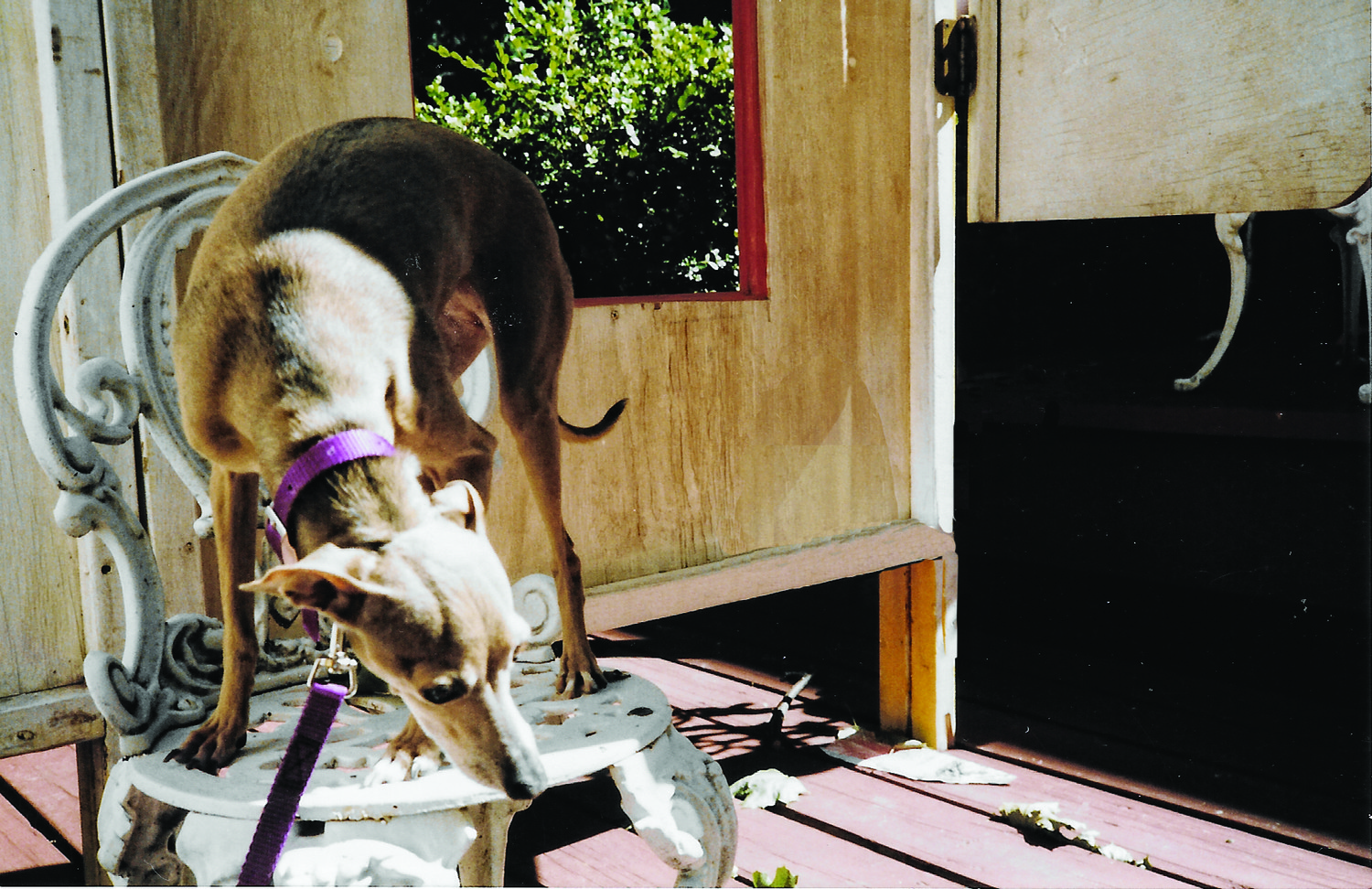The fragility and permanence of a sukkah
I guess this year I’m going to claim Sukkot as my favorite holiday. We didn’t observe it when I was a boy, but when my own children were growing up, I rediscovered this wonderful festival.
I took the heavy, outdated storm doors and windows from the basement and, with design help from my niece, Amy, figured out how to use them to construct a portable and collapsible structure. Our daughters decorated them with paint and large sketches, and happily helped gather boughs for the see-through roof that would allow us to study and consult/converse with the moon and stars.
Our neighbor, friend and guide, “Mr. Adler,” supervised the event and contributed, as I recall, the herbs and fruits of the season, the etrog and the lulav, and I invited Rhode Island School of Design students, and Abraham, Isaac and Jacob, and Sarah, Rebecca and Rachel, plus my own personal ancestors, from mother and father back to grandparents, and my mentors, to come in by way of any of the easy doorways and join us over mevushal wines and seasonal treats.
One of my design disciples, an Israeli architecture major, produced an impressive research paper about the history of the holiday, in which he claimed that it was the very foundation of Judaism itself. How I wish I still had that thesis, it was brilliant and a revelation!
From a “philosophical” viewpoint, maybe I don’t have to put together this over-substantial building all by myself this year. I would need a troop, or troupe, to get it up and take it down. And maybe I myself have become a sukkah! Yes! I have had a few health problems and feel somewhat temporary or fragile of late. Like the whole human enterprise, perhaps!
So, on this holiday of huts I may brood about my lost friends and relatives, ask them to keep me company in my thoughts, hope they think well of me from the Beyond, and bless me with their spirits, their survival through my memory in the forthcoming seasons here Below.
I could claim that the reason American Jews, at least locally – maybe only on my block – let the sukkah vanish from their porches or backyards and instead went to the collective one in the synagogue was part and parcel of the assimilationist attitude; don’t rub it in that you celebrate unusual customs. By now, that neighborhood timidity has pretty much evaporated, thanks largely to the proud realm of Israel!
So, in sum, thanks dear Amy for inspiring my family sukkah, and a toast to my students for using their skills to turn my words into sukkot on the RISD campus – and my very person into a room of ideas that welcomes them as alums into the hovering hut of my humble humanity.
Are Thanksgiving’s origins in Sukkot? Did the Japanese love of paper architecture in Zen gardens derive from Sukkot? Maybe the Hebrew lost tribes brought the celebration with them along the silk roads of history, or perhaps there is, after all, a universal reminder within its secrets.
MIKE FINK (mfink33@aol.com) teaches at the Rhode Island School of Design.








